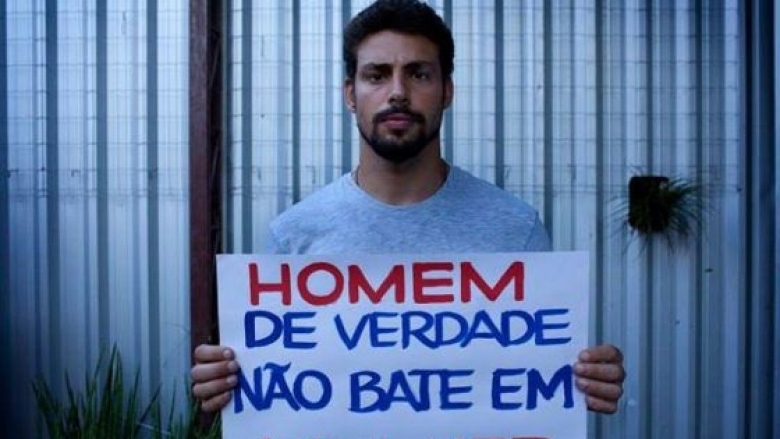On the 3rd June this year streets in Argentina, Chile and Uruguay echoed in unison with a single call: “Not one less.”
Violence against women is a sad reality in Latin America. According to data from ECLAC, over 1,670 women died in 2014 simply because of their gender.
Over 20 years after the UN adopted the Declaration for the Elimination of Violence against Women, and despite laws banning it in 20 Latin American countries, gender violence is still considered a significant threat to women’s autonomy in the region.
The data makes a chilling read:
- 1 in 5 Jamaican women have experienced intimate partner violence
- In Guatemala, 2 women are murdered per day
- To date this year, 25 women have died at the hands of their partner in Uruguay according to Mujeres de Negro, overtaking the total for the whole of 2014
- The economic cost of intimate partner violence can reach up to 3.7% of GDP, more than the total spend on education in many Latin American countries.
Threats and violence reduce women’s decision making power and promote economic, social and cultural inequality according to experts.
Changing attitudes
At its heart, threatening and violent behaviour towards women is based in the social belief that a woman’s life is worth less than that of a man, regardless of laws promoting equality. Therefore in many countries in the region it’s not uncommon to see a woman with a bruised face or with wounds on her extremities.
Uruguay is an extreme case: at 45%, it has the highest rate of women murdered by their partner or exes, according to the 2014 annual report from the ECLAC Gender Equality Observatory for Latin America and the Iberian Peninsula, which looks at 11 countries in the region and measures femicides per 100 thousand inhabitants.
Jamaica, for its part, has criminalised domestic violence since 1995 and yet macho behaviour is experienced across society. In order to be seen as a “real man” one needs to be dominant, strong and never give up. On the other hand, popular culture teaches women that their value is in their looks, their submissiveness and serving their “man.”
They are stereotypes which feed acts of violence, given that many men look for opportunities to prove their strength in order to maintain their status amongst their peers, often recurring to violence. And women, seen as objects, are a means to an end.
These attitudes are formed at an early age, and it is the youth who often run the risk of falling victim to their effects. According to the World Bank, Jamaican women between 15 and 24 years old have the highest risk of being victims of violence, and of the 12% of women who reported being raped in Jamaica in 2008, 46.7% of them were under 20 years old.
The next GENDERation project tries to tackle this situation face on by changing these attitudes and promoting healthier relationships to put an end to this circle of violence.
“There are strong gender stereotypes in Jamaica, which affect both men and women. We want to deal with the issue of gender violence in a broader sense to help both sexes make better decisions,” explains Jonna María Lundwall, social specialist for the World Bank.
A global challenge
The problem, however, isn’t unique to Latin America. Globally, across their lifetime, one in three adult women will experience physical or sexual violence. What’s more, of all the women murdered globally in 2012, almost half died at the hands of their partner or a close family member, compared to just 6% of men, according to UN Women.
The World Bank considers violence against women and girls to be “one fo the most oppressive forms of gender inequality, which represents a fundamental barrier to women and men’s participation in social, economic and political spheres.”
As part of an initiative to prevent violence, the organisation launched a global competition to look for innovative solutions, which closes on 9th December.

